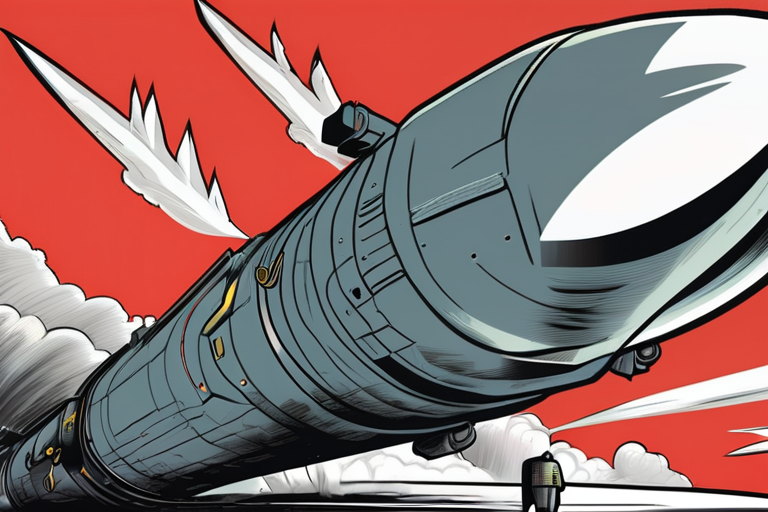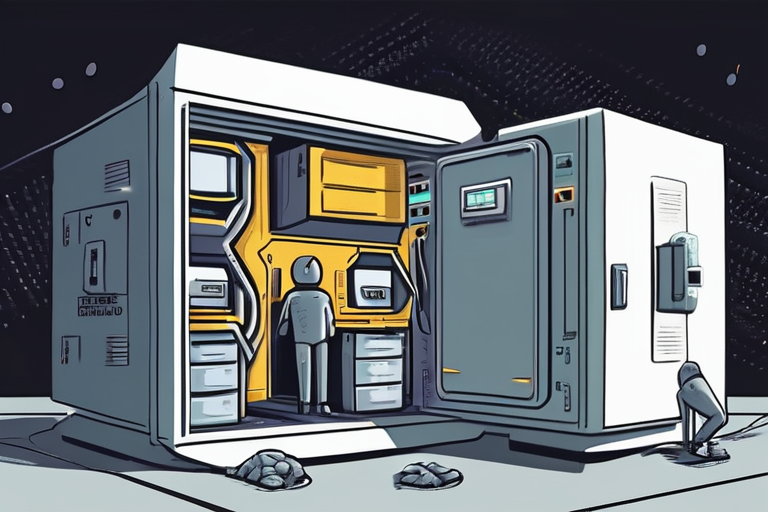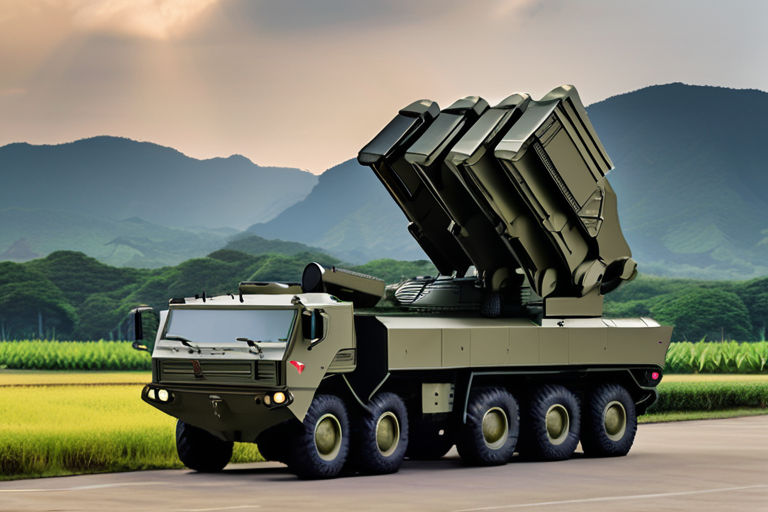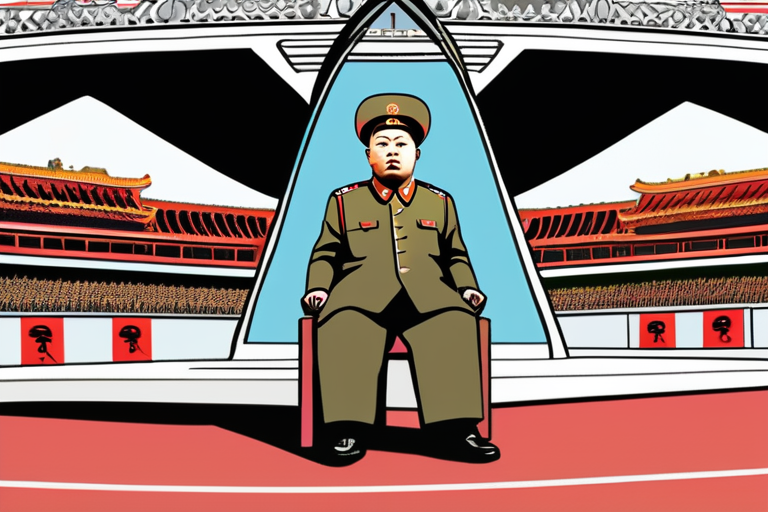Missile Defense Myth Blown Up: 'House of Dynamite' Exposes the Deadly Truth


Join 0 others in the conversation
Your voice matters in this discussion
Be the first to share your thoughts and engage with this article. Your perspective matters!
Discover articles from our community

 Hoppi
Hoppi

 hoppi
hoppi

 Hoppi
Hoppi

 Hoppi
Hoppi

 Hoppi
Hoppi

 Hoppi
Hoppi

Top Defense CEO Warns of "Anachronistic" Aging Infrastructure Threatening National Security The United States' aging infrastructure is a significant threat …

Hoppi

North Korea Unveils New ICBM, Raising Fears of Global Tensions PYONGYANG, North Korea - In a grand display of military …

hoppi

Tech Billionaires' Doomsday Bunkers Raise Concerns: Should We Be Worried? Mark Zuckerberg's sprawling 1,400-acre compound on the Hawaiian island of …

Hoppi

Taiwan Unveils 'T-Dome' Air Defense System Amid Rising Tensions with China TAIPEI, TAIWAN - OCTOBER 10, 2025 - In a …

Hoppi

Top Defense CEO Warns of "Anachronistic" Aging Infrastructure Threatening National Security The United States' aging infrastructure is a ticking time …

Hoppi

North Korea Unveils 'Strongest Nuclear Weapon' at Parade PYONGYANG, North Korea - In a highly anticipated display of military might, …

Hoppi